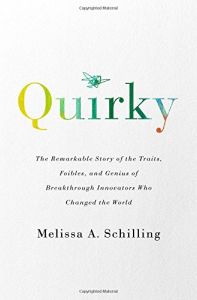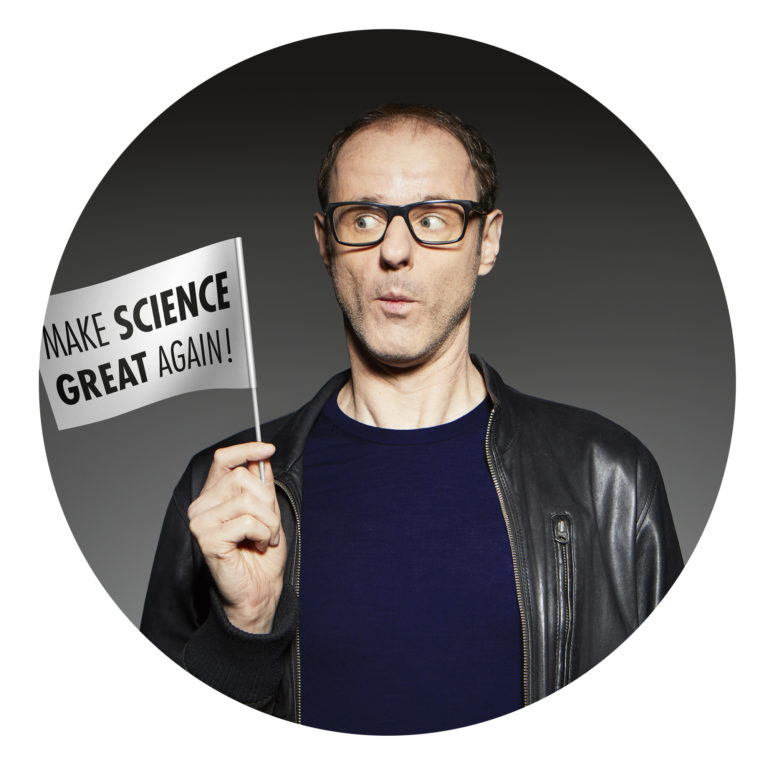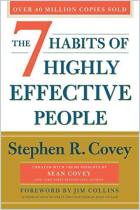
Quirky
The Remarkable Story of the Traits, Foibles, and Genius of Breakthrough Innovators Who Changed the World
Recommendation
As a teenager, Steve Jobs worked at Atari. He seldom bathed, and he smelled bad, so Atari isolated him from the other employees. As a young man, Albert Einstein couldn’t get a job in academia; his college professors resented his disrespect for authority. When they didn’t recommend him for a teaching position, he made his living as a patent examiner. Dean Kamen, inventor of the Segway and numerous lifesaving medical devices, lives in a house with hallways that appear to be mine shafts. “Serial breakthrough innovators” like Jobs, Einstein and Kamen are “quirky,” says innovation expert Melissa A. Schilling. She examines the lives of accomplished innovators, discusses why they are special and offers companies practical tips on how to nurture innovation among their employees.
Summary
About the Author
Melissa A. Schilling, PhD, an expert in innovation, is the John Herzog Family Professor of Management and Organizations at NYU’s Stern School of Business. She is also the innovation director for Stern’s Fubon Center for Technology, Business and Innovation.



















Comment on this summary